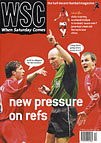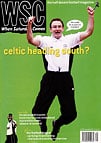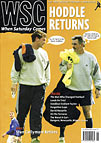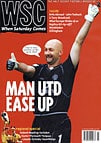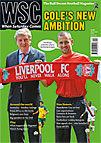 Dermot Corrigan reviews a highly eventful La Liga campaign, in which Real Betis, managed by an Irishman, defied the odds
Dermot Corrigan reviews a highly eventful La Liga campaign, in which Real Betis, managed by an Irishman, defied the odds
The long-term significance
La Liga was formed in 1929, and Real Betis' win this season was the first time one of the initially dominant "big three" of Real Madrid, Barcelona and Athletic Bilbao did not take the title. The leading clubs all featured players who had starred for Spain in the preceding summer’s World Cup finals. A skilful Spanish team were out-muscled in a quarter-final replay by the more physical Italians, who went on to win the competition watched by Benito Mussolini. Domestic Spanish football was also to suffer from the effects of fascism during the 1930s, with La Liga suspended once civil war broke out in July 1936. During the war separate leagues were organised in the Fascist and Republican controlled areas, before La Liga returned in 1939-40.
